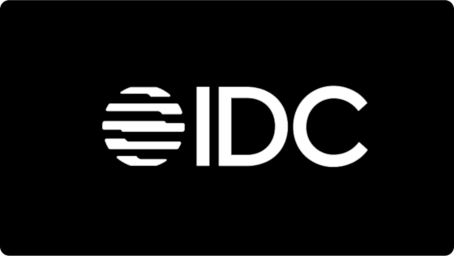Shopify vs. Adobe Commerce (Magento)
Commerce should be simple, not stressful
Thousands have already migrated
Better TCO
Do more, spend less
29% Better TCO on Shopify than Adobe Commerce, on average
Use our TCO Calculator to see how much you could save when you switch to Shopify.
Calculate your TCO
On average, compared to Shopify, Adobe Commerce has:
42%
42%
24%
*According to research commissioned by Shopify from a leading independent consulting firm to study TCO across major platforms in North America and understand Shopify’s relative positioning based on objective research methods.
Shopify has the fastest server speed in commerce
Faster site speed impacts everything—from revenue to operations. Measure your site’s performance to see how it could affect your sales and how it compares to the competition.
Get your custom report
Shopify Plus is a specialist and best-of-breed in the ecommerce and retail omnichannel industry. As a direct-to-consumer brand, Shopify Plus empowers us to achieve our ambitions and our vision, as well.
Greater agility
Empower your whole team
Faster pace, less friction
Empower business users
With Magento (now Adobe Commerce), we always had the issue that for almost everything where we needed marketing, we also needed an agency. This, of course, translates into costs and a higher time-to-market.
Apps vs. extensions
Opt for plug-and-play over coding
8,000+
Developing made simple
Engineering with more efficiency
More secure and reliable
Never miss a sale on Shopify
100ms
99.9%
The growth of the company was at risk, and hence we wanted to move to a partner where scale or performance were not an issue.
Faster innovation
Get more innovation with Shopify
1st
200+
Built, not bought
Designed with your success in mind

Shopify Editions
Shopify ships innovative updates at a rapid pace
Billions
800+
In the end, we chose Shopify because the speed of development is significantly faster. Shopify is simply an absolute innovation driver in the field of ecommerce.
Analyst validation
The experts choose Shopify

70%
83%

Forrester
Shopify achieves highest possible scores in The 2024 Forrester Wave™: Commerce Solutions for B2C
May 5, 2024

Forrester
Shopify named Leader in The 2024 Forrester Wave™: Commerce Solutions for B2B
May 6, 2024

IDC
IDC names Shopify a Leader due to rapid stand-up time, reduced standup time, and more
January 30, 2024

Gartner® Magic Quadrant™
Shopify is once again a Leader in the 2024 Gartner® Magic Quadrant™
August 21, 2023
Migration partners
Migrate with the largest commerce partner ecosystem there is
10,000+
100+
Featured Adobe Commerce migration partners
Shopify vs. Adobe Commerce
Want better results? Switch to Shopify.





















